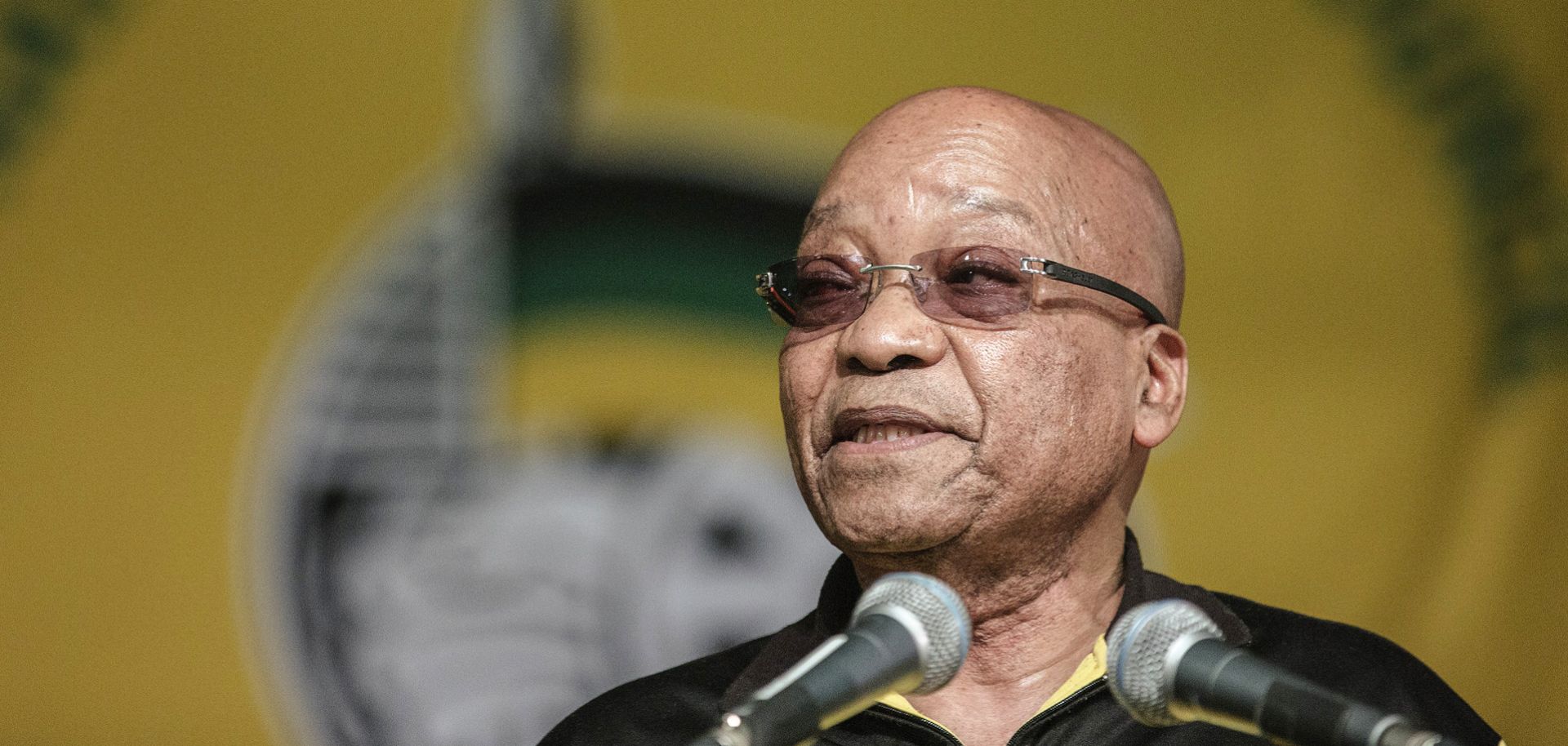ASSESSMENTS
South Africa's Strengthened Opposition Eyeing Electoral Gains
Oct 12, 2015 | 09:15 GMT

(GIANLUIGI GUERCIA/AFP/Getty Images)
Summary
Africa's second-largest economy may be on a slow, tentative road to recovery, but the effects of the global financial crisis are still playing themselves out in the political arena. Historically in post-apartheid South Africa, the ruling center-left African National Congress (ANC) has dominated the polls; since 1994 it has won over 60 percent of the vote in all national elections, which take place every five years. However, over time its overall share of the vote has fallen, and South Africa's almost non-existent economic growth has strengthened voices from the political far left and center, in hopes of challenging the ANC in next year's municipal elections. In reality, the splintered opposition probably lacks sufficient support to completely upset the political status quo. Nonetheless, South African political parties are hoping that municipal elections in 2016, already hotly contested by the ruling party and the leading opposition party, the Democratic Alliance, will help shape voter behavior for national elections set for 2019.
Subscribe Now
SubscribeAlready have an account?
